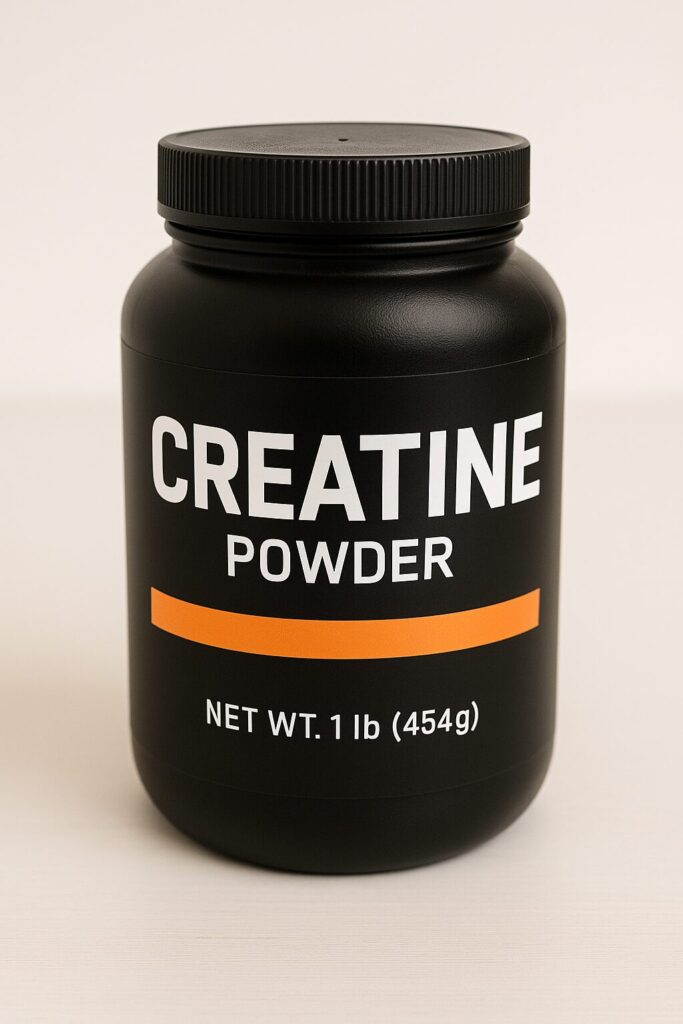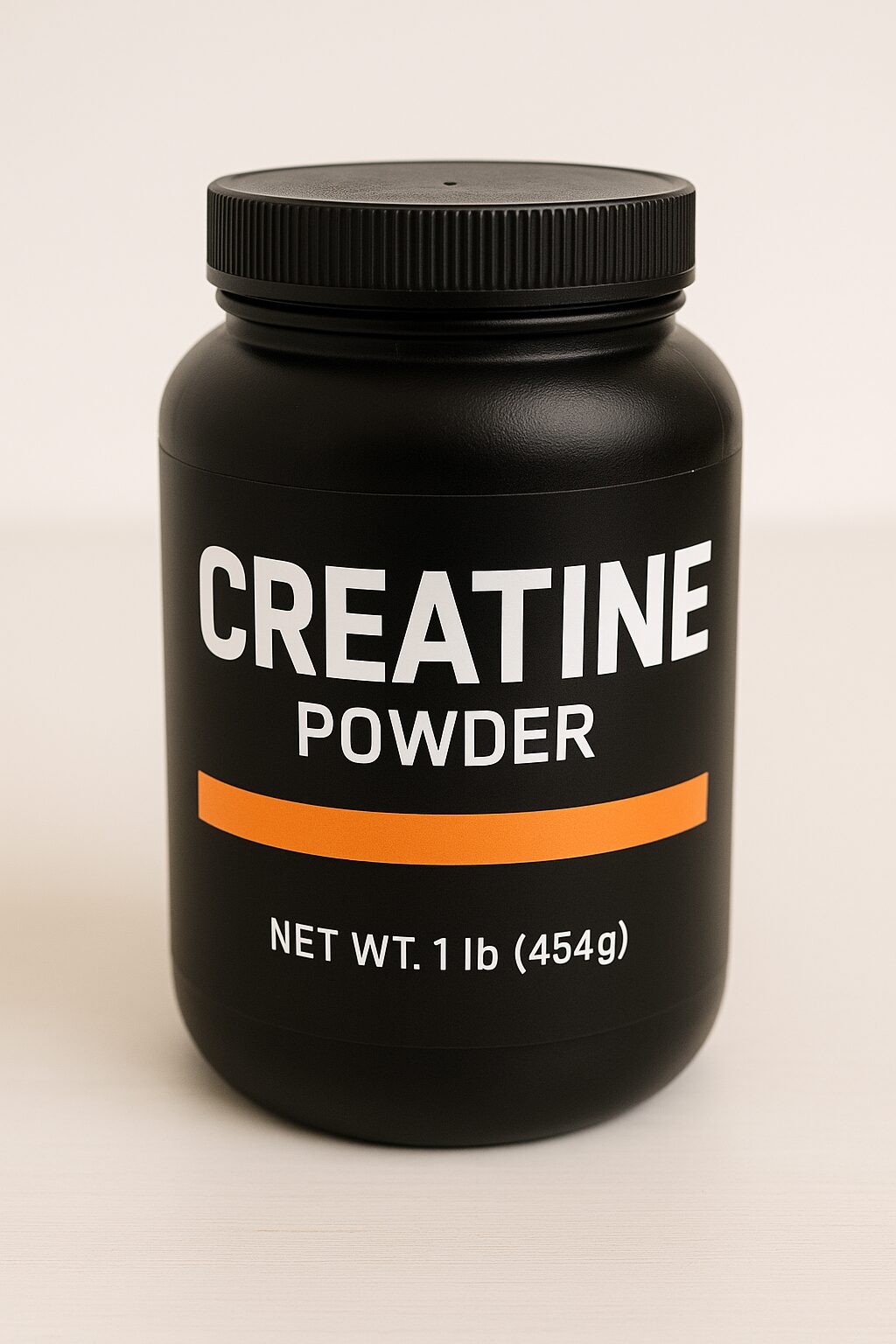Creatine is a compound produced naturally in the body from amino acids and stored mainly in muscles and the brain. It plays a central role in cellular energy metabolism, especially during high-intensity activity. While widely recognized as a sports supplement, modern research suggests creatine may also support brain health, metabolism, and aging. This article summarizes its potential benefits.

1. Strength and Performance
Creatine helps regenerate ATP, the body’s quick energy source. Supplementation may enhance muscle strength, sprint ability, and high-intensity exercise performance.
2. Muscle Growth
By increasing water content in muscle cells and supporting protein synthesis, creatine may promote lean muscle mass. This may also benefit older adults facing muscle loss.
3. Recovery Support
Creatine may help reduce lactic acid buildup and speed recovery after intense activity. Regular use is often linked to reduced fatigue and improved conditioning.
4. Brain Function
The brain also requires large amounts of energy. Creatine may help stabilize brain ATP, potentially supporting memory, concentration, and resilience under stress or sleep deprivation.
5. Neuroprotection
Studies suggest creatine may protect neurons by improving energy metabolism. It is being explored for potential roles in conditions such as Parkinson’s and Alzheimer’s disease.
6. Muscle Preservation in Aging
In older adults, creatine may help maintain strength and functional independence, reducing risks associated with age-related muscle decline.
7. Bone Health
Improved muscle strength may support bone density and reduce fracture risk. Some evidence also points to direct benefits for bone metabolism.
8. Metabolic Support
Creatine may enhance insulin sensitivity and glucose uptake, which could support management of metabolic syndrome and type 2 diabetes.
9. Mental Fatigue Reduction
Supplementation may reduce cognitive fatigue during stressful workloads or lack of sleep by supporting brain energy supply.
10. Antioxidant and Cellular Protection
Creatine may help reduce oxidative stress and stabilize cellular energy, contributing to overall wellness and slower aging processes.
🍀
Creatine is often recognized for boosting exercise performance but may also support brain health, metabolic balance, and aging. Effects can vary individually, and it is best used as a supportive measure alongside balanced diet and lifestyle practices.
References and Further Reading
National Institutes of Health (NIH) – Creatine Fact Sheet
World Health Organization (WHO) – Dietary Supplement Guidelines
International Society of Sports Nutrition (ISSN) – Creatine Position Stand
※ This article is for general informational purposes only. Individual responses may vary, and professional consultation is generally recommended before starting creatine supplementation.
